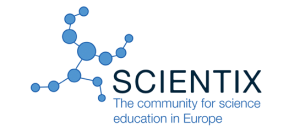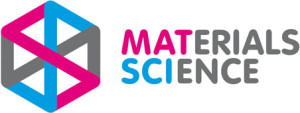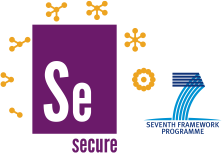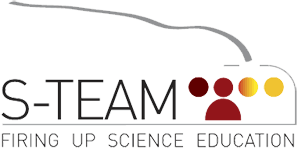El proyecto ENGAGE sigue una de las prioridades de la Comisión Europea, concretamente la de promover una investigación y una innovación más responsable (IIR) mientras pretende capacitar a las generaciones futuras para participar en la ciencia y así cambiar la forma en que ésta se enseña.
Normalmente, el alumnado se crea una imagen de la ciencia como un conjunto de contenidos. En cambio, para ENGAGE la IIR tiene que ver con áreas de conocimiento científico controvertidas, en las cuales los valores y los argumentos son tan importantes como los hechos. Promover este cambio es un reto muy difícil.
ENGAGE adopta una metodología basada en la indagación que permite que los estudiantes se expresen y les otorga la responsabilidad de tomar decisiones informadas.














